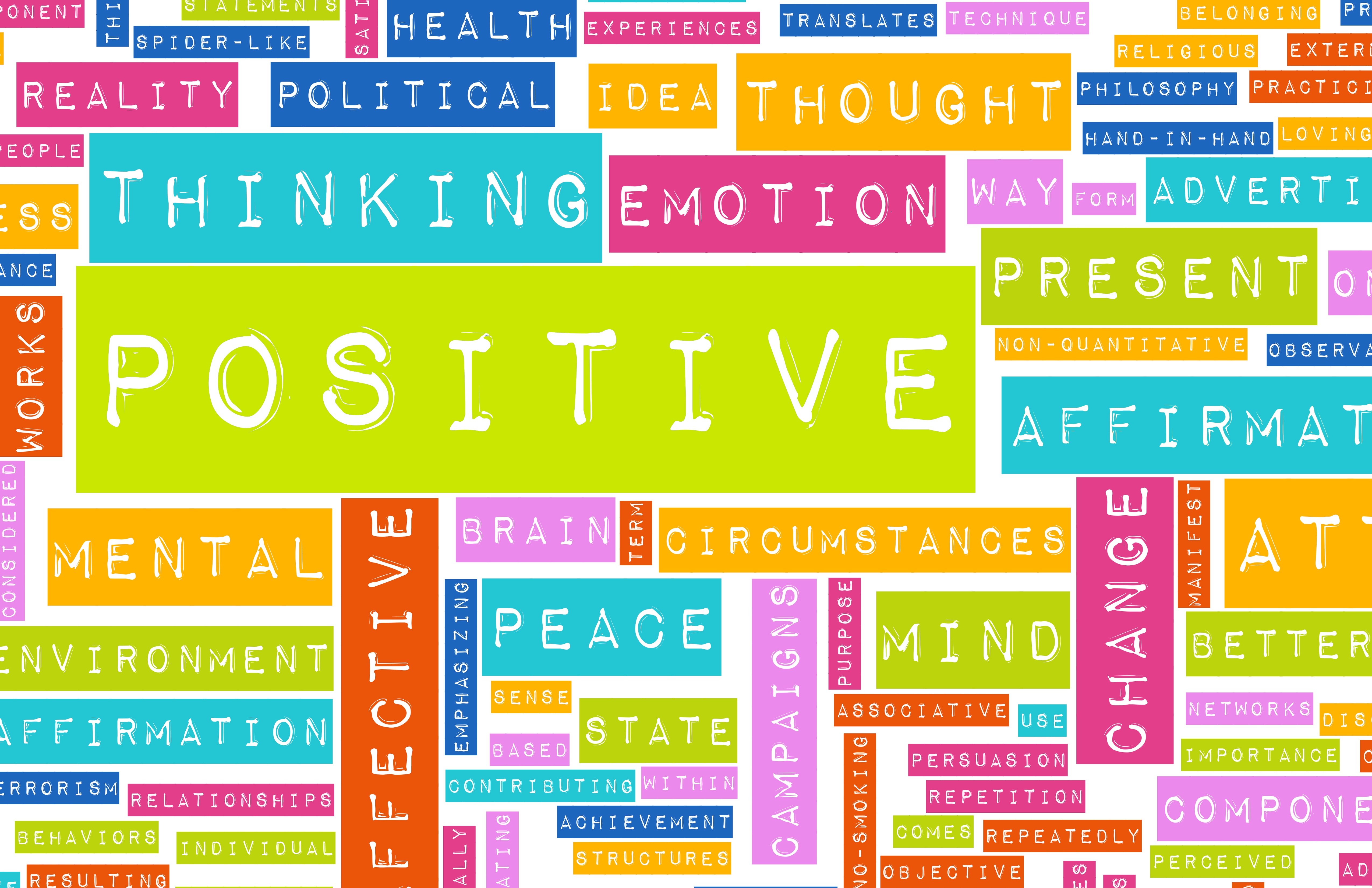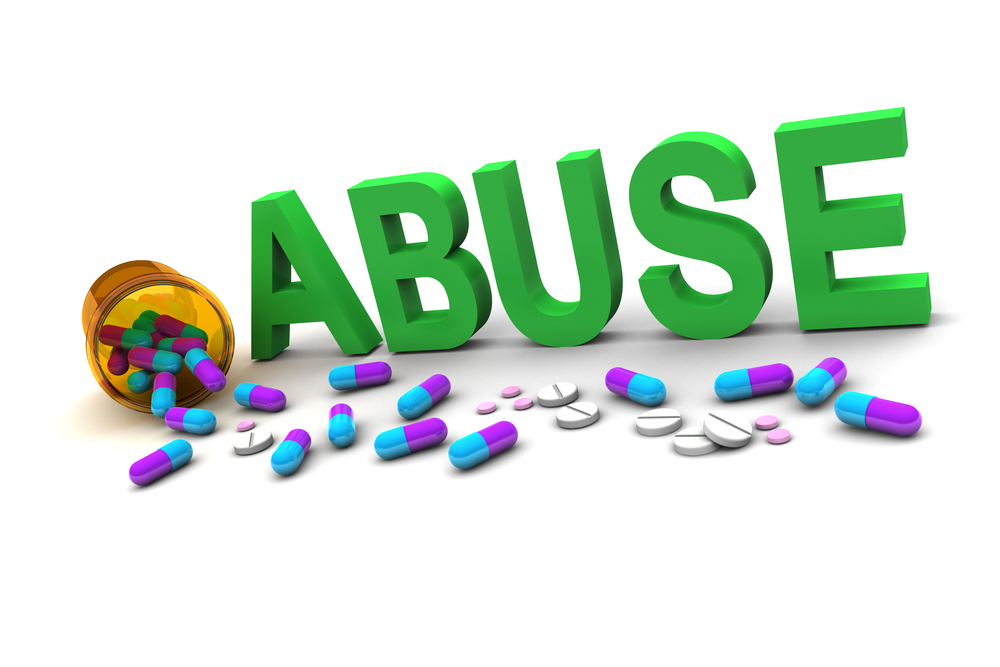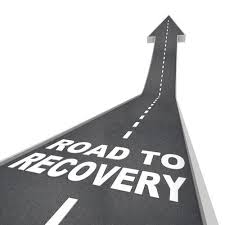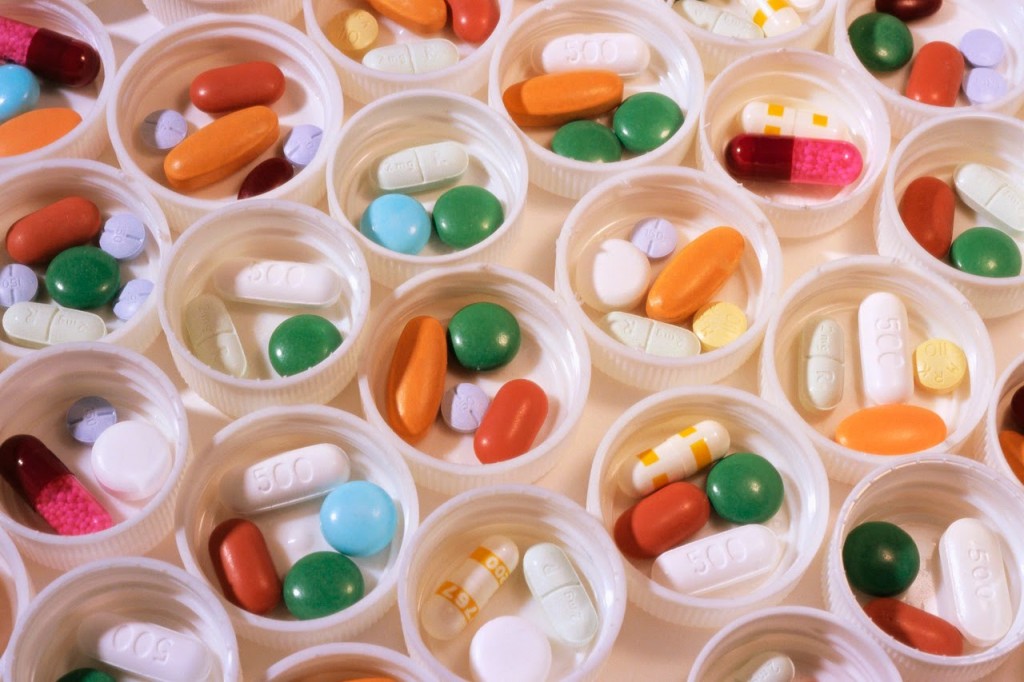Trauma complications today

Trauma complications today is not a small matter anymore. The sufferings that come with it cannot be overlooked
Trauma complications today: Posttraumatic stress disorder
In addressing trauma complications today, it is important to note that the debilitating symptoms of posttraumatic stress disorder and the inner turmoil caused by traumatic experiences in one’s childhood or during adulthood can hinder an individual’s functioning in a negative way. To address this problem, AWAREmed Health and Wellness Resource Center under the able leadership of doctor Dalal Akoury, MD, is offering the best and much superior residential programming for both adult men and women who wish to overcome a traumatic past with the assistance of our well-trained and experienced professionals.
Trauma complications today: Trauma recovery program
The Program for Trauma Recovery is specialized and comprehensive in nature so that those who partake in the services provided can become truly healed in a holistic way. This program implements a bio-psychosocial-spiritual approach to care and integrates a system of neuropsychiatric treatment that is able to fully restore the mind, body, and spirit. Our team of qualified and highly experienced professionals will administer treatment within this program with a body of knowledge and clinical expertise that has changed the lives of countless individuals.
The overarching goal of the Trauma Recovery Program is to improve the daily functioning and overall quality of life for patients by supplying stabilizing services that aim to reduce the impact of symptoms and emotional turmoil known to occur when a person endures a trauma. We also hope to build upon already-existing strengths and assist patients in rediscovering their personal and emotional truths concerning fear, trust, honesty, and dependency.
In the event that a given patient needs immediate and intensive services prior to beginning this treatment program, we will evaluate each case individually and facilitate these services for the patients who require them. Nonetheless, it is important to note that these services are short-term and, therefore the moment the patient has completed this type of care, residential treatment can commence. Upon embarking on the therapeutic process within the Trauma Recovery Program, patients will partake in the following therapeutic interventions, of which are detailed within each patient’s treatment plan and daily treatment schedule:
- Therapeutic recreation
- Tomato-emotional response (SE) massage
- Somatic Experiencing (SE)
- Resilience training
- Psychodrama
- Psychoeducational lectures
- Peer group work that is led by a therapist
- Movement groups
- Mindfulness training
- Meditation
- Medication management services with a psychiatrist
- Individual therapy
- Eye Movement Desensitization and Reprocessing (EMDR)
- Expressive arts
- Equine therapy
- Daily yoga
Finally, in addressing trauma complications, it is important to note that each patient receiving care will be assessed on an ongoing basis by our caring staff so that each and every need of our patients are sufficiently met. It is our hope that patients who complete this program will have a solid foundation of recovery and the ability to live a magnanimous life without being bound by trauma from the past. This is what we want to offer to you if only you can schedule an appointment with doctor Akoury today.
Trauma complications today: Posttraumatic stress disorder







 This is normally a condition that is actively acquired or develops after a terrifying ordeal that involved a physical harm. It is a mental problem mostly caused by terrifying event experiencing or witnessing it. The consequence of post-traumatic stress disorder is to have flashbacks, nightmares and sere anxiety. People who go through a
This is normally a condition that is actively acquired or develops after a terrifying ordeal that involved a physical harm. It is a mental problem mostly caused by terrifying event experiencing or witnessing it. The consequence of post-traumatic stress disorder is to have flashbacks, nightmares and sere anxiety. People who go through a 